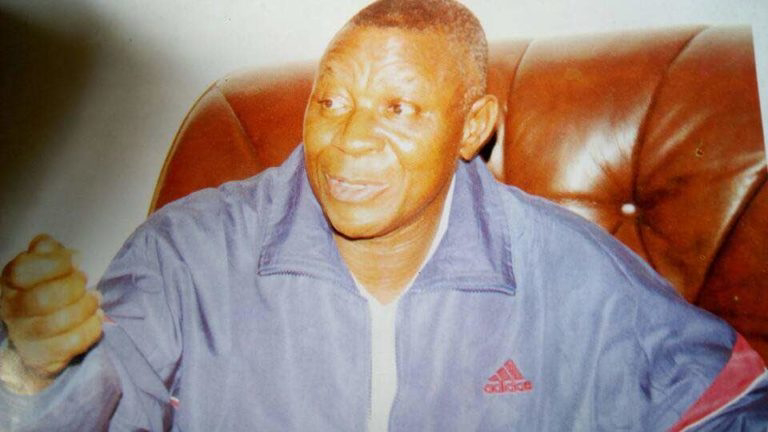THE NIGERIAN SPIDERMAN THAT'S FIGHTING WASTE.
Jonathan Olakunle Olanlokun sees his activism as the legacy of his late parents’ foster grandmother humanitarian work. Having grown up as an orphan and delved into street life from an early age, he’s always wanted to carry on the reputation of his family by helping as much as he could. He began dabbling with various aspects of social impact through volunteerism, and raising awareness about poverty until he understood the connection between a clean environment and social change.
Having noticed a certain discrepancy between the nice cities and regions portrayed in movies, news stories, and documentaries featuring the West, Jonathan began to ask himself “Why can’t our society be like this?” (Personal communication). He began therefore to talk about the environment and urge communities to keep it clean. One of his first mediated events was a staged picture of him throwing waste out of a moving minivan. He has called a photographer and tasked him to capture the moment when he recreates the very behavior he is trying to erase.
Additionally, the Nigerian activist started cleaning his street and mobilizing potential volunteers to join these ventures. To encourage those who respond to his call, Jonathan would provide water and food to these followers until, and he was celebrated for his dedication and selflessness. The idea of the spiderman costume came to him when one of his Facebook friend called him Spiderman.
Since then, the Nigerian environmentalist began to dress up as the Marvel Comics superhero Spider-Man, and instead of fighting crime, mobilizes his community to help clean the streets of his city. Through this readaptation that earned him the nickname of Nigerian Spiderman, he tackles one of the biggest environmental issues in the country and has resorted to the uniform to reach a wider audience. For him, the Spider-Man costume is a strategy to attract people's attention and elicit in them a desire to become heroes or their own communities by striving for cleanliness.
Septime Emmanuel writes from
Temple University USA.




Comments
Post a Comment